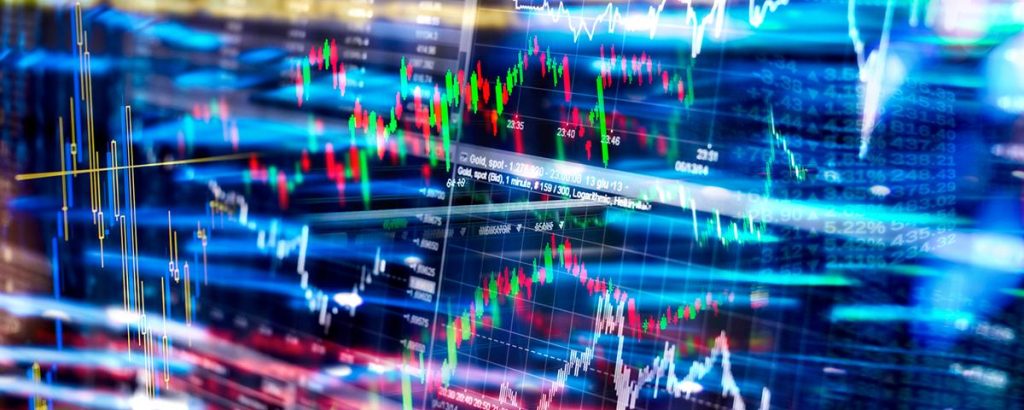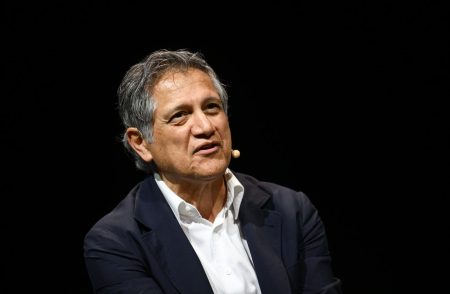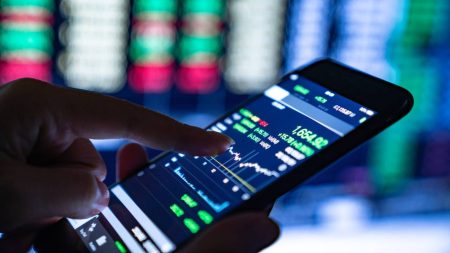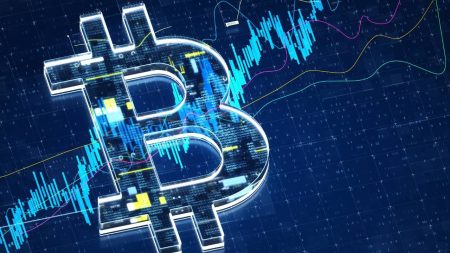Week in Review
- Asian equities were mostly low throughout the week though picked up at the end due to MSCI’s
MSCI
- The National Integrated Circuit Industry Investment Fund Phase 3 Co., Ltd (i.e. the “Big Fund Phase 3”) launched with nearly $50 billion to “increase investment in core technologies and key components as well as semiconductors and the industrial chain”.
- Electric vehicle maker BYD announced a hybrid powertrain allowing for 1,250 miles/2,000 kilometers without a charge or refueling.
- Semiconductor Manufacturing International Corporation (SMIC) reportedly developed a 3-nanometer chip after having previously been only capable of producing a 5-nanometer chip.
Key News
Asian equities were largely higher on high volumes driven by MSCI’s semi-index rebalance, as Japan outperformed the region.
Passive investors benchmarked to MSCI indices must rebalance their index funds and ETFs at the market’s close so their portfolios replicate MSCI’s “refreshed” indices. China and Hong Kong were larger net sells than I had previously estimated with the amount closer to $2B of net selling. Both markets gave up intra-day gains as the day progressed, as selling pressure accelerated into the close. Hong Kong’s volumes were almost 2X the 1-year average as passive power was fully displayed. Look at the intra-day chart of China Shenhua (601088 CH), which utterly collapsed into the close. Yikes. The MSCI selling pressure dominated today’s market action, and though I had hoped to see buying on the dip, that didn’t occur.
May Manufacturing PMI missed expectations at 49.5 versus expectations of 50.5 and April’s 50.4, while Non-Manufacturing was 51.1 versus expectations of 51.5 and April’s 51.2. The poor release could lead to more economic policy support as new orders and new export orders fell significantly.
Nikkei Asia reported that Tencent was asked to lower its WeChat mobile payment dominant market share according to “three sources briefed on the matter.” Whether or not the article is accurate is debatable, though the article was widely cited as weighing on Tencent -2.23% reflecting the skepticism or lack of confidence around all things China. Rebuilding that trust will take time to rebuild. I am skeptical of the article because of the regulatory pivot away from high-profile companies like Tencent.
One positive you won’t read in mainstream Western media was the meeting of US and Chinese military heads in Singapore in a positive sign. Regardless of an ugly day, Mainland investors bought the Hong Kong dip with a healthy $1.266B of net buying, bringing the year-to-date total to $36B versus 2023’s total of $40B.
Hong Kong’s most heavily traded by value were Tencent -2.23%, Alibaba HK -1.83% despite announcing the 204 dividend of $1.66 per ADR will be paid July 14, Meituan -3.49%, Akeso +37.5% after its lung cancer drug trial went well and China Construction Bank -1.07%.
Mainland China was off less than Hong Kong as its stocks have a much smaller weight in MSCI indices versus Hong Kong. Kwiechow Moutai was off -0.03%, though it saw RMB 862mm/$121mm of net selling via Northbound Stock Connect, likely due to MSCI’s rebalance.
Several questions on Alibaba and JD.com’s convertible issuance are worth addressing. Both companies will use an element of the proceeds to buy back stock, which is excellent news for current shareholders. Remember, BABA and JD generate most of their revenue in China and, thus, in the renminbi. Moving the money out of China to buyback stock in US $ or Hong Kong $ incurs a tax. Therefore, issuing US $ debt is smart so they don’t incur the tax. The convertible interest rates are meager at 0.25% for JD and 0.5% for Alibaba.
Yes, convertibles are dilutive for current shareholders, though JD’s offering isn’t convertible unless the stock rises 30%. Alibaba paid to cap the conversion, making the conversion 100% higher than today. Both stocks were due for a breather after their strong run since January, though investors shoot first/ask questions later for selling on the news is premature.
The bigger question to me is, who bought the convertible? It seems like an excellent deal for the company and current shareholders, but I’m not sure of the motivation for the convertible buyers. With that said, I know nothing about convertible bond investing.
ChinaLastNight.com will be headed to Hong Kong this weekend. In hindsight, the timing isn’t good due to my weekend anniversary. Oops! I am looking forward to providing on-the-ground feedback and insights.
The Hang Seng and Hang Seng Tech fell -0.83% and -1.65% on volume +52.79% from yesterday, 188% of the 1-year average. 139 stocks advanced, while 349 declined. Main Board short turnover increased +13.64% from yesterday, which is 126% of the 1-year average, as 12% of turnover was short turnover (Hong Kong short turnover includes ETF short volume, which is driven by market makers’ ETF hedging). All factors were negative, less volatility, which was flat as growth and small caps underperformed value and large caps. Healthcare and energy gained +0.88% and +0.25%, while tech -2.44%, real estate -2.35%, and utilities -2.3%. Top sub-sectors were telecom, household products and energy were the worst. Southbound Stock Connect volumes were high as Mainland investors bought a healthy $1.266B of Hong Kong stocks and ETFs with Tencent and China Mobile large net buys.
Shanghai, Shenzhen, and STAR Board were mixed -0.16%, +0.2%, and a Jame Bond +0.07% on volume -1.21% from yesterday, 84% of the 1-year average. 3,263 stocks advanced, while 1,587 declined. All factors were negative, with growth underperforming value. Communication and financials gained +0.24% and +0.05%, while materials -0.71%, industrials -0.5%, and energy -0.5%. The top sub-sectors were internet, software, and aerospace/military, while power generation equipment, fertilizer, and building materials were the worst. Northbound Stock Connect volumes were high. CNY and the Asia dollar index were lower versus the US dollar. Treasury yield curve steepened. Copper and steel were lower.
Upcoming Webinar
Join us on June 11th, 2024 at 10 am EDT for:
Trump or Biden: Two Former US Ambassadors Discuss The Election & Its Likely Impact on US-China Relations
Please click here to register
New Content
Read our latest article:
Looking For High Yield? KHYB Portfolio Manager Discusses Opportunities in Asia’s High Yield Bond Market
Please click here to read
Last Night’s Performance
Last Night’s Exchange Rates, Prices, & Yields
- CNY per USD 7.24 versus 7.23 yesterday
- CNY per EUR 7.85 versus 7.82 yesterday
- Yield on 10-Year Government Bond 2.29% versus 2.28% yesterday
- Yield on 10-Year China Development Bank Bond 2.41% versus 2.40% yesterday
- Copper Price -1.91%
- Steel Price -1.54%
Read the full article here












